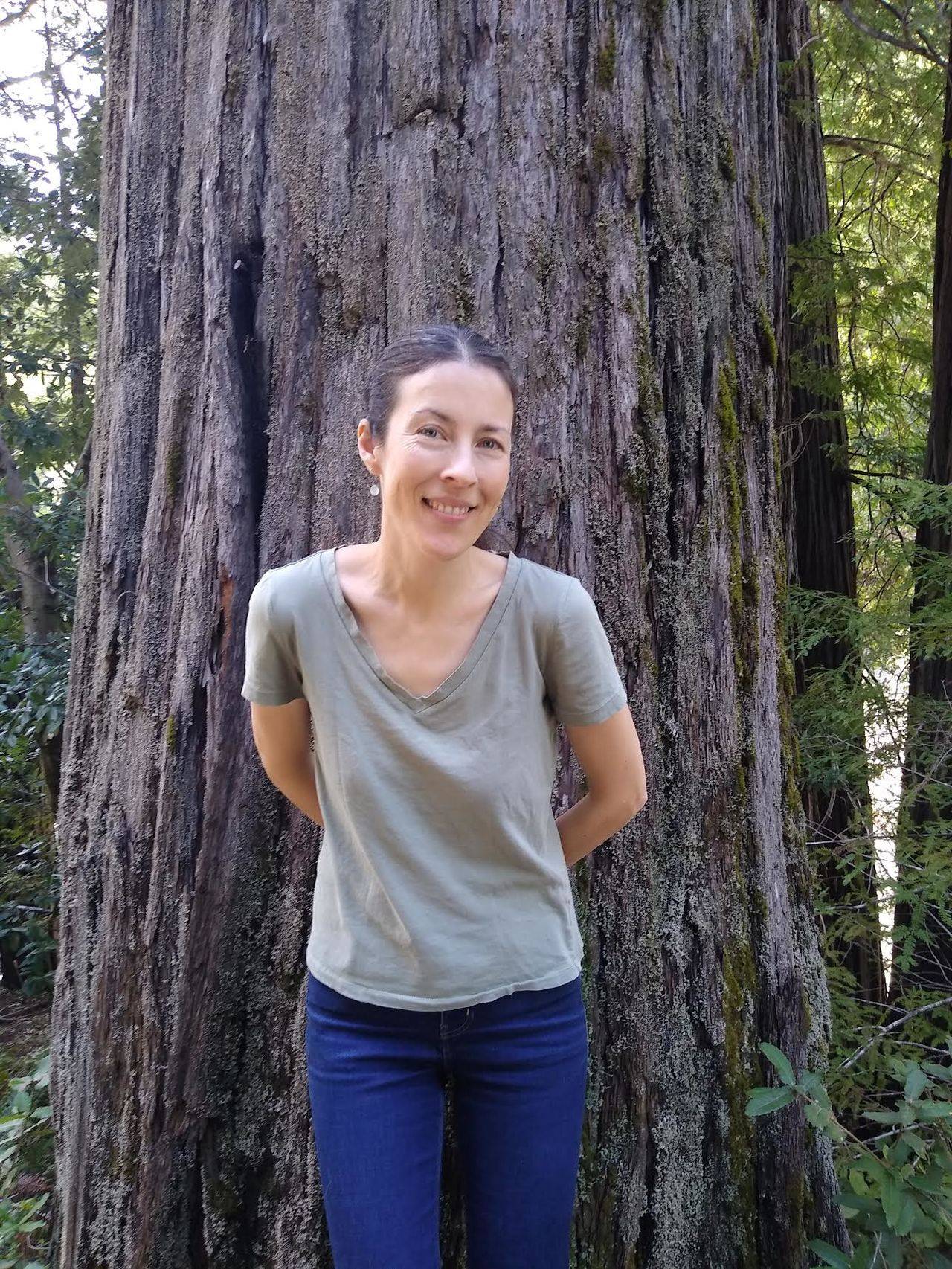We are very excited to introduce Professor of History and Environmental Studies Heather Roller as our November sustainability spotlight! She was appointed the chair of the Sustainability Council starting in August 2023 and has already led the council through complex discussions and supported cross-campus collaboration in her role.
Professor Roller came to Colgate 13 years ago to teach Latin American history, and for much of her career, her research centered on Brazil and the Amazon. There, she explored the ways in which Indigenous peoples have defended their land, rivers, and autonomy from the 18th century down to the present day, and even authored two books in the process.
This work ignited an interest in sustainability as it “connected [her] to a part of the world that has a deep history of sustainability,” evidenced by the preservation of forests within the Indigenous territories of Amazonia.
One of Professor Roller’s favorite aspects of teaching at Colgate is how the institution has supported the evolution of her interests and areas of research over time. In 2018, Professor Roller taught a class called Global Toxic History for the first time, a course that discusses the history of contamination, waste, and toxic exposure. This teaching experience then launched an interest in environmental history, the study of humanity’s interaction with nature over time.
Professor Roller fell completely in love with environmental history and it’s now her current field of focus. She enjoys how looking at environmental issues through a historical lens can allow us to shift our perspectives against inevitable doom and toward a sustainable future. As she explains, “It’s really easy to think of humans as locked into a downward spiral when it comes to our relationship with the environment. You can look around and see all these ways in which environmental crises are the unfortunate products of human actions and choices. But the study of history shows that we could have made different choices at any given moment in time; it didn’t have to be this way.”
Professor Roller’s current research centers around the history of agricultural chemical use on family farms in the United States (1970s–present). Through this research she has had the opportunity to travel around rural California, Iowa, and New York, listening to first-hand accounts of several families’ experiences with agricultural chemicals, farming, and land stewardship. She finds the most exciting part of her work is interviewing these family farmers to learn how their perceptions, attitudes, and ideas about the environment have changed over time. Professor Roller particularly appreciates collaborative research and was accompanied by “four amazing Colgate students” who assisted her for the past two summers of interviewing.
If you would like to learn more about Professor Roller and her work, visit her website here!
